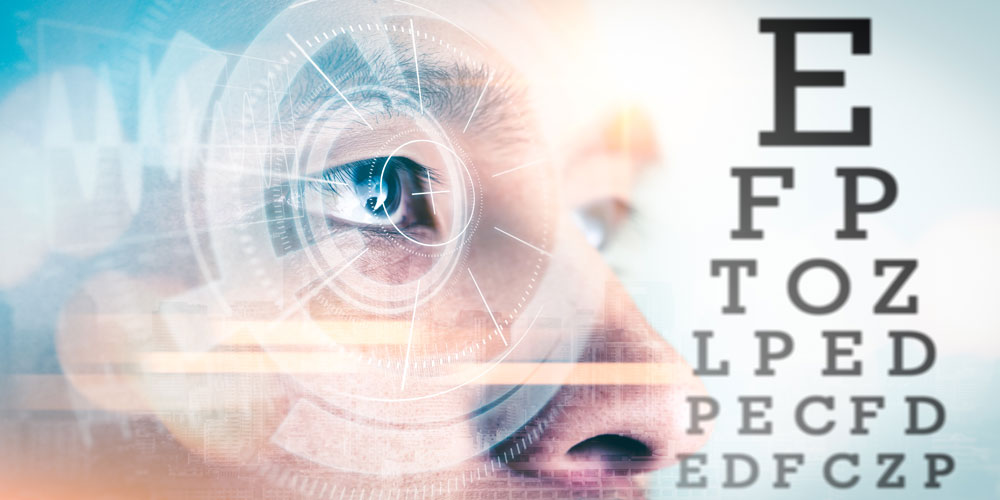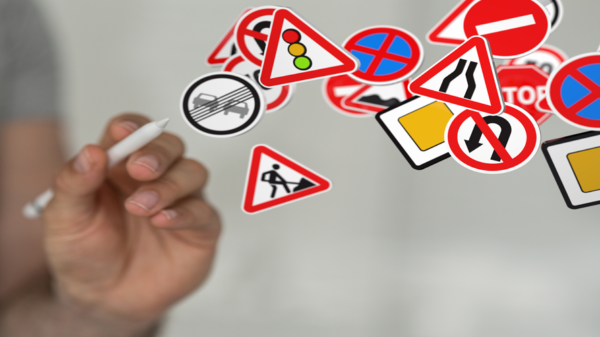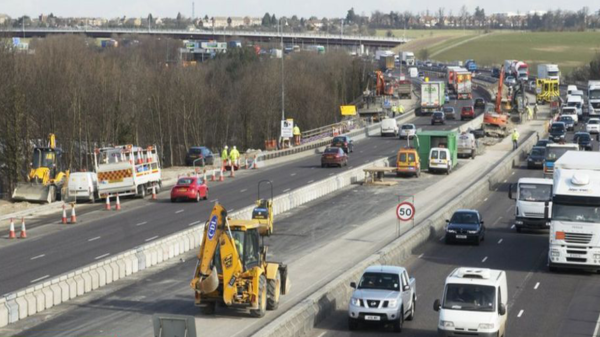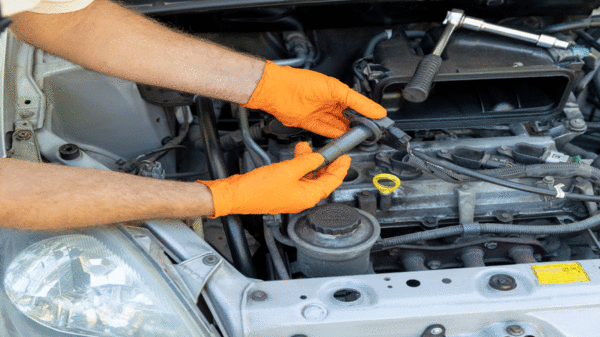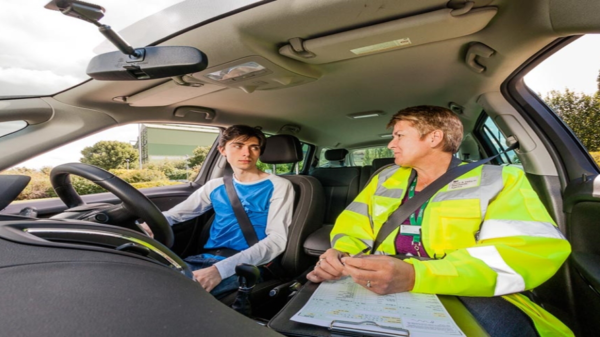According to new data from the Association of Optometrists (AOP), two-thirds of drivers in the UK who use glasses are ‘putting off’ updating their prescription. As a result, their vision isn’t suitable for driving – increasing the risk of accidents. Should vision play a factor in any collision, then it could result in a fine of £1,000 and three points on a driving licence.
Delaying eye tests is an increasing problem.
The research revealed that up to 20% of drivers who require glasses have not had their eyes tested in at least three years. In the most serious cases, it could result in a driving disqualification.
The police have the power to carry out roadside eye tests on the side of the road. Drivers who are pulled over will need to be able to read a number plate 20 metres away.
The elderly and visually-impaired are now being encouraged by the police to have their eyesight checked as soon as possible.
AOP have warned the public that avoiding your eye treatments is a serious threat to road safety.
Their data showed that one in ten Brits said that they would continue driving even if their vision was deemed unsafe to be behind the wheel.
And almost half of Britain’s optometrists reported to the AOP that they have dealt with patients that were driving on the roads, despite their vision being legally too dangerous.
Police data has shown that around 3,000 people are killed or injured by drivers with bad eyesight (or where eyesight has played a part in the cause of the collision) every year.
Further research from the Department for Transport (DfT) has shown that 42% of incidents involving drivers over the age of 70 were due to sight issues.
The AOP criticised the Government for not addressing this urgent issue over the last few years.
Adam Sampson, AOP’s Chief Executive, said: “It’s deeply concerning that a 17 year-old who can read a number plate from 20 metres away when they take their driving test, may continue to drive with no further checks for the rest of their life.
“We have to ask ourselves why the UK system, which relies on self-reporting and a number plate test, continues to operate under a law first introduced in 1937 to the detriment of an individuals’ safety.
“Sight loss can often be gradual, and people may not notice changes that could affect their ability to drive so it’s important to remember that regular vision checks are an essential part of helping to stay safe as a driver.”
However, despite these calls from AOP, the Driver and Vehicle Licensing Agency (DVLA) has made it clear that it is up to drivers to report any decline in eyesight and resolve this as soon as possible.
Source: RAC


